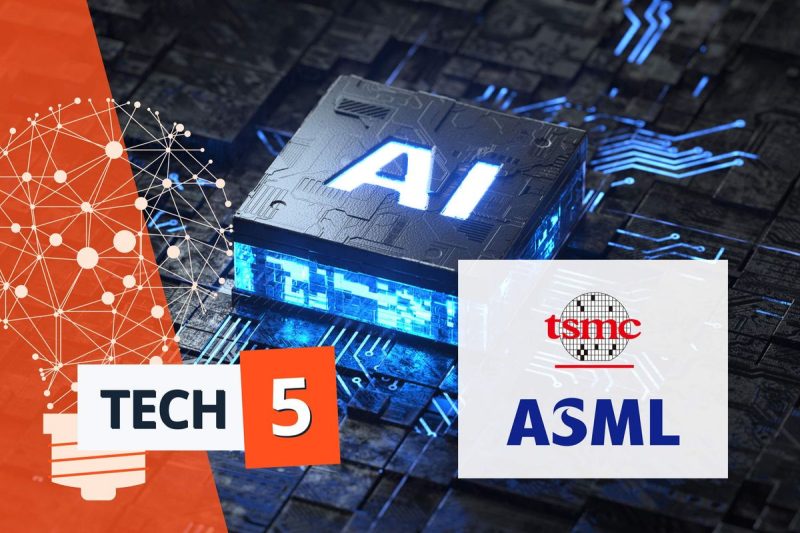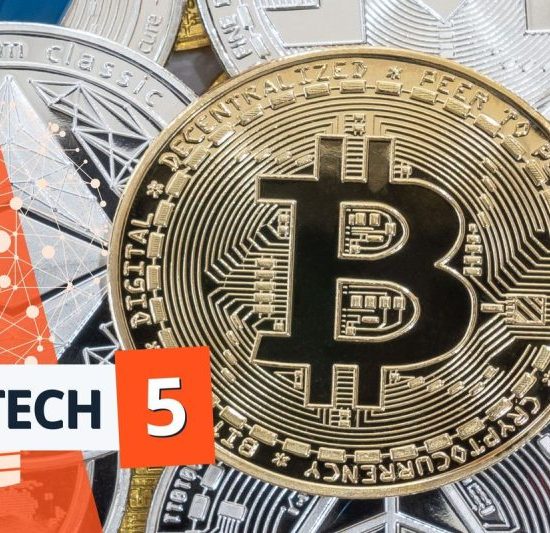The Technology Sector, often viewed as an indicator of global economic health, witnessed remarkable events recently. Two tech giants, Taiwan Semiconductor Manufacturing Company (TSMC) and ASML Holding, announced the results of their respective financial quarters. This was closely followed by the news of e-commerce giant Amazon and tech mogul Google forging deals to procure nuclear power.
TSMC, the world’s largest dedicated independent semiconductor foundry, posted its quarterly results, revealing strong revenues. A key contributor to the global technology supply chain, TSMC’s financial health is vital to many sectors, including computing, telecommunications, and consumer electronics. Despite the global chip shortage, TSMC has managed to maintain its momentum, which is largely credited to its innovation capability and manufacturing excellence. Reports suggest that the chipmaker recorded high profits, benefiting greatly from a strong demand for advanced chips used in high-performance computing (HPC) applications and smartphones.
Similar to TSMC, ASML Holding, a Dutch company and currently the largest supplier in the world of photolithography systems for the semiconductor industry, also delivered robust financial results. Despite the ongoing pandemic and geopolitical uncertainties, ASML managed to deliver significant sales and profit growth. Supported by strong industry dynamics, their EUV systems (extreme ultraviolet lithography) have been in great demand for producing the smallest and most energy-efficient microchips.
In parallel with these quarterly results, Amazon and Google announced they had signed agreements to procure nuclear power, demonstrating their commitment to minimize their environmental footprint and expand their clean energy portfolios. Both companies, part of the tech FANG+ index, have been making significant efforts to reduce their carbon emissions and switch to renewable energy sources, and nuclear power seems to be a logical option in their endeavors.
Amazon announced it would procure power from the upcoming Oyster Creek Nuclear Generating Station in New Jersey, which is being converted to a next-generation nuclear plant by Holtec International. This move is expected to further Amazon’s plan to be net-zero carbon by 2040.
Similarly, Google signed a deal to procure power from two light-water reactors at the North Anna Nuclear Generating Station in Virginia, which are owned by Dominion Energy. These light-water reactors are known for their safety features and efficiency. The transition towards nuclear power by these tech giants is expected to not only reduce their carbon footprint but also to enhance their energy security.
In summary, last week’s headlines underlined the financial robustness of TSMC and ASML despite the global challenges. The results were a fitting testament to the resilience and adaptability of these crucial drivers of the semiconductor industry. Equally significant were the moves by Amazon and Google toward nuclear power. In the face of increasing pressure to reduce their carbon emissions, these tech leviathans securing nuclear power deals highlight their efforts in staying ahead of the environmental sustainability race. These events serve as potent reminders of the indispensable role of technology in defining and shaping the future, be it in terms of digital advancement or environmental responsibility.




